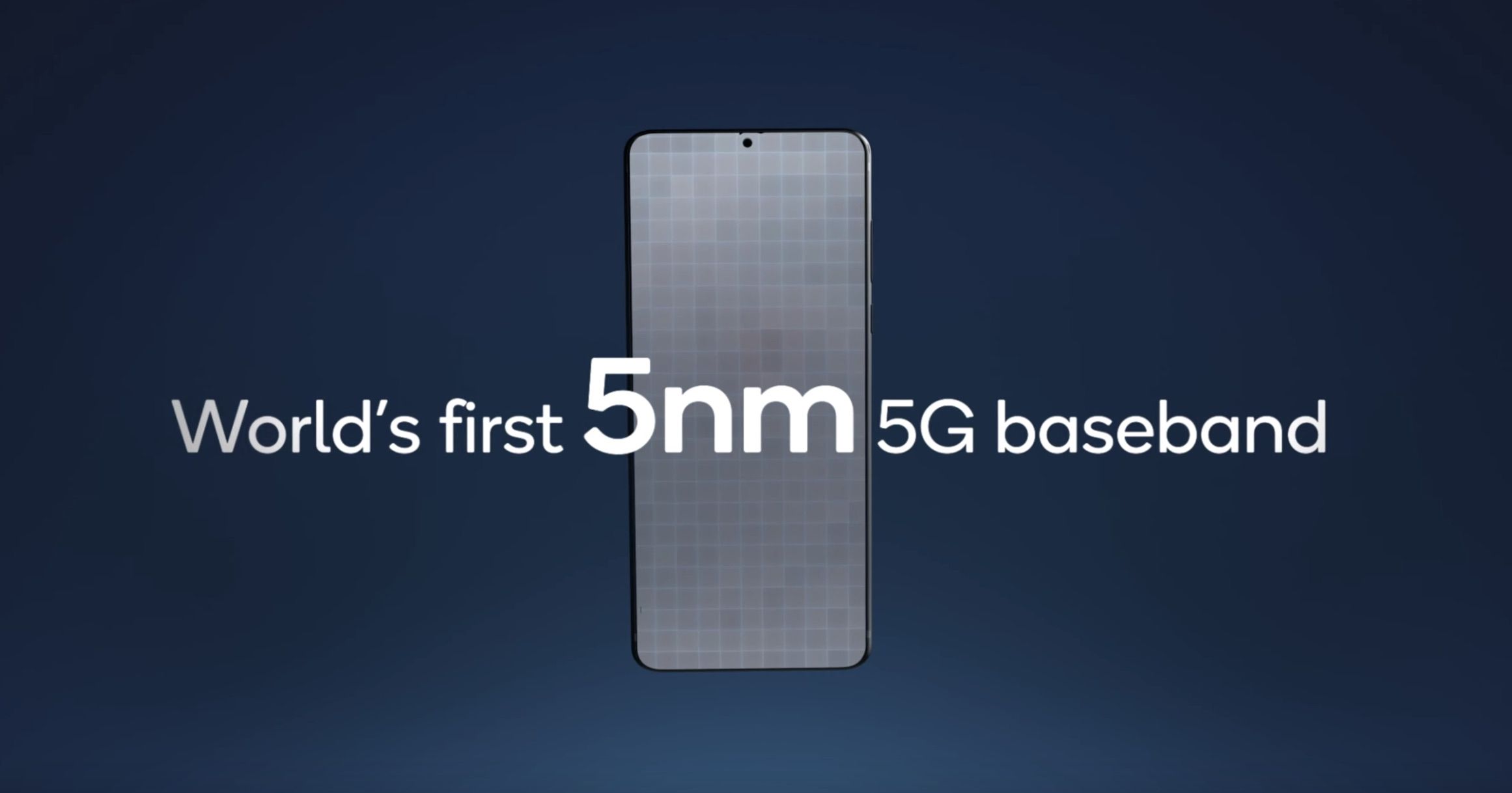Thank you. This is a good article on mmWave and sub-6GHz.
I have a 3G bar phone and I do not use data. I feel that I am being forced to upgrade. My understanding is that after January 1, 2021, 3G phones may no longer work. The 3G spectrum is being re-purposed to expand 5G coverage. It seems like no one is talking about this.
Yes, I am shopping for a new phone; however, I am not concerned about mmWave and download speeds. I am looking for voice over new radio support (VoNR). I want a 5G phone that can make and receive calls without relying on a 4G LTE connection. The Qualcomm Snapdragon X55 modem does not support this out-of-the-box, it requires a software update. The Qualcomm Snapdragon X60 modem has native support for VoNR. I will be disappointed if the iPhone12 uses the X55 modems.
Qualcomm this week introduced the Snapdragon X60, its third-generation 5G modem for mobile devices. The company says the first 5G smartphones featuring the X60 are expected to launch early next year. Built on a 5nm process, the X60 packs higher power efficiency into a smaller footprint compared...

www.macrumors.com


